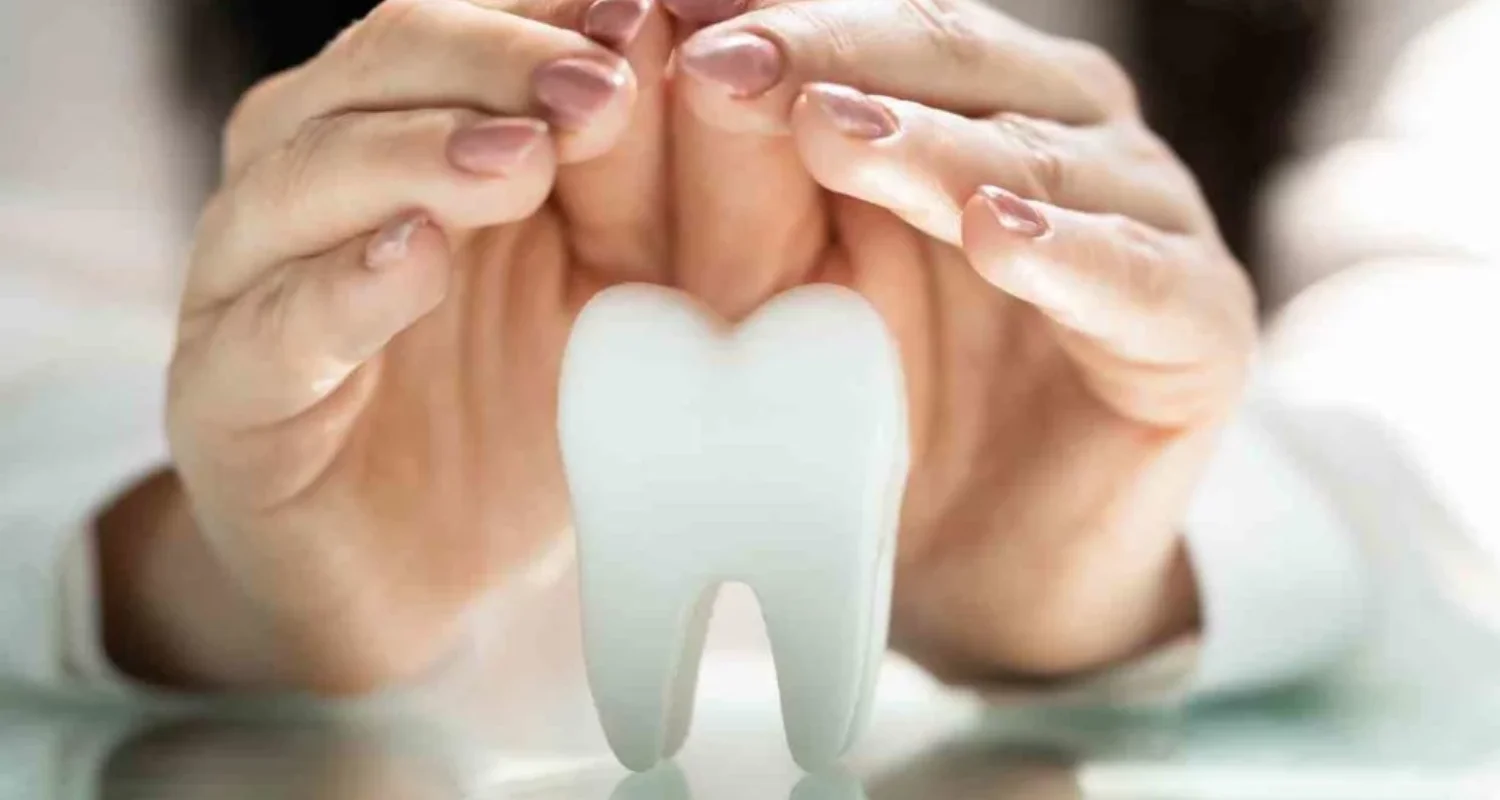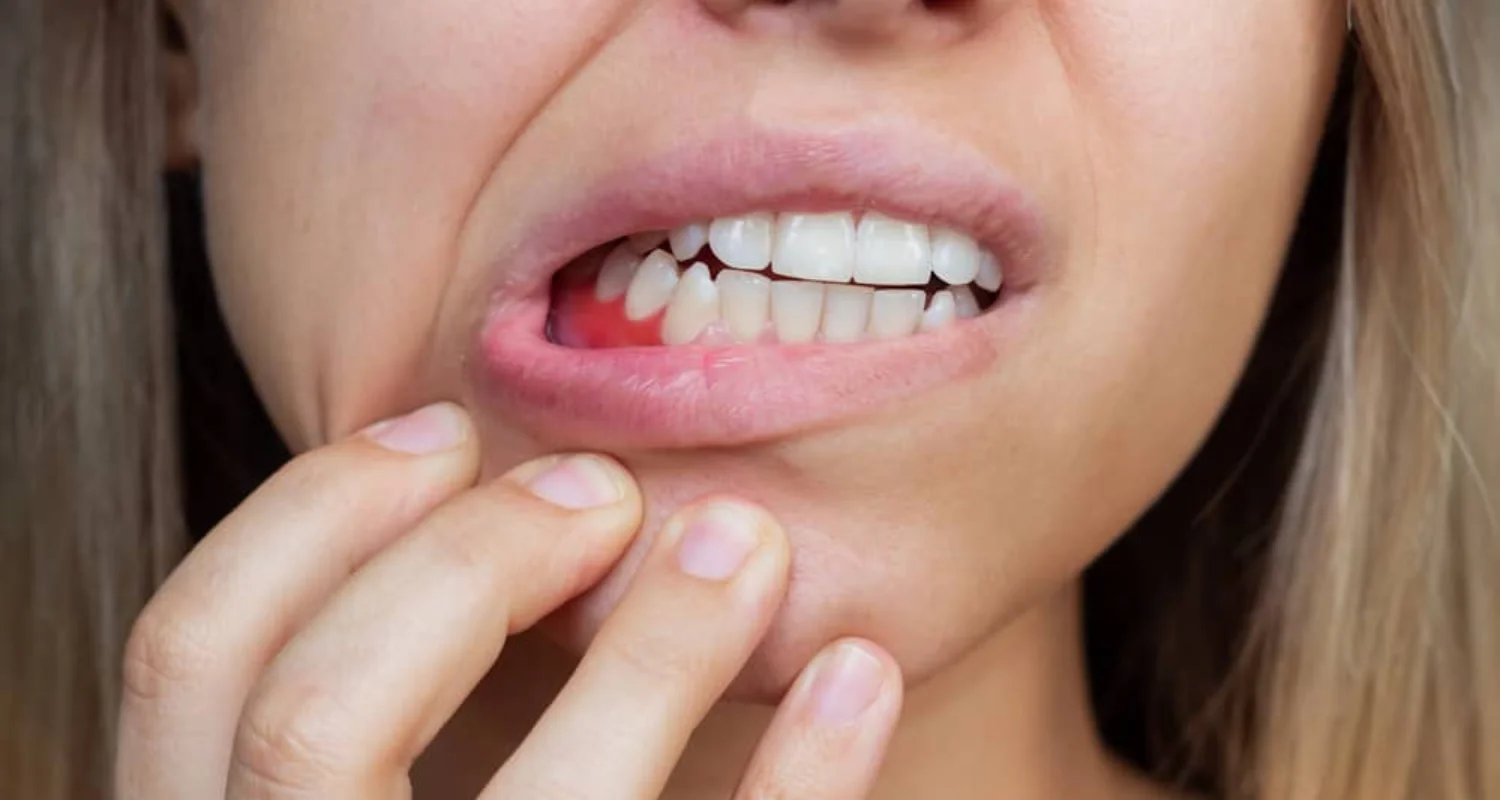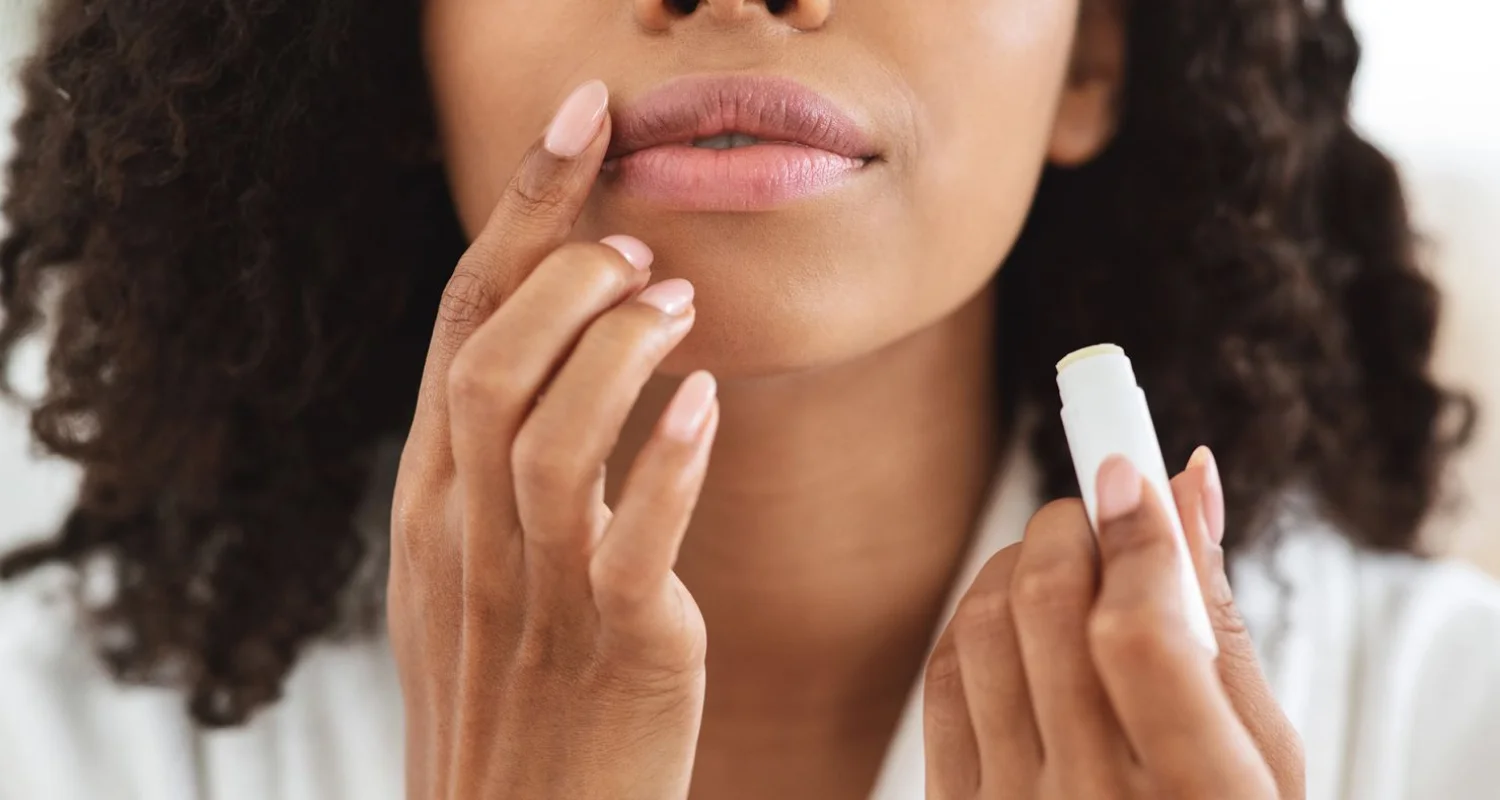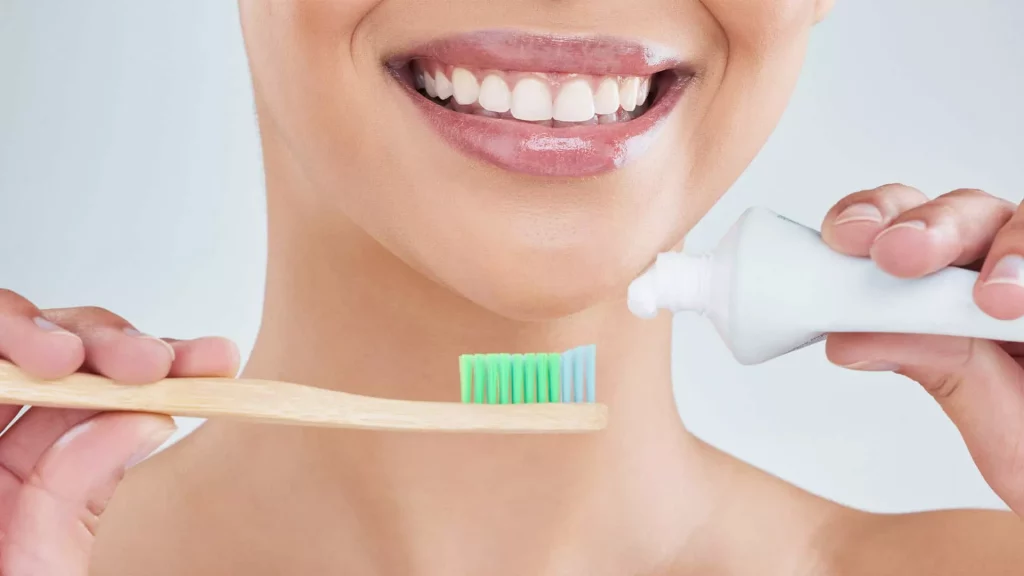Last Updated on: 12th January 2026, 01:16 am
Do you want to learn great winter dental care tips?
Winter affects oral health in various ways, such as tooth sensitivity due to the cold and dry mouth caused by dry air. These discomforts are not only unpleasant but also increase the risk of cavities and bad breath. Additionally, low temperatures can lead to chapped lips and inflamed gums.
To maintain good oral health during this season, it is essential to use appropriate toothpaste, stay hydrated, and care for your lips and gums. In this article, we share winter dental care tips to help you prevent these issues.
Why Does Winter Affect Oral Health?
Winter negatively impacts oral health due to factors such as temperature changes and dry air, which dry out the mouth and reduce saliva production. This increases the risk of cavities, bad breath, and even infections. Frequent consumption of hot drinks like tea or coffee can also contribute to tooth sensitivity. Moreover, indoor heating exacerbates dry mouth. Combined, these factors can severely affect oral health if proper measures are not taken.
Common Dental Problems in Winter and How to Treat Them

Cold Weather and Tooth Sensitivity: Causes and Solutions
Tooth sensitivity is more common in winter due to exposure to cold, which affects enamel and gums. Rapid temperature changes, such as alternating between hot and cold drinks, can cause pain by impacting the nerves in the teeth.
To reduce sensitivity, it is advisable to use toothpaste designed for sensitive teeth and avoid extremely cold beverages. Gentle brushing with a soft-bristle toothbrush and warm water is important. If sensitivity persists, applying sensitive toothpaste directly to affected areas and leaving it overnight can be highly effective. With these practices, discomfort can be minimized, and teeth can be protected as part of the winter dental care.
Dry Mouth: Why It’s Worse in Winter
Dry mouth is more frequent in winter due to indoor heating and dry air; they reduce saliva production, creating an uncomfortable dry sensation in the mouth. To relieve it, it’s vital to stay hydrated and promote saliva production.
Using a humidifier helps maintain moisture in the environment. Additionally, chewing sugar-free gum with xylitol and using moisturizing mouth rinses (such as those containing aloe vera) will help keep the mouth hydrated.
Gum Health in Winter: How to Keep Them Strong and Healthy
Gums are more prone to inflammation and bleeding in winter due to dry air and low temperatures. Maintaining healthy gums requires reinforcing oral hygiene habits, such as proper brushing and regular flossing. Using an antibacterial mouthwash is recommended to prevent gum and tooth diseases. Additionally, a balanced diet rich in vitamins and minerals strengthens the gums.

Chapped Lips and Oral Discomfort
Cold, dry winter air can cause chapped lips and cracks at the corners of the mouth. To prevent this, it’s important to use lip balms that hydrate and protect the lips. Staying well-hydrated also helps prevent dryness. Covering the lips with scarves or protective garments when exposed to cold winds is also recommended.
Plaque Buildup and Winter Habits
Winter comfort foods like soups and chocolates, combined with less diligent oral hygiene, encourages plaque buildup. A lack of motivation to maintain a dental care routine during this season can increase the risk of cavities and gum disease. To prevent plaque buildup, it’s important to maintain a consistent brushing routine, use dental floss daily, and complement this with an antibacterial mouthwash. These habits help eliminate plaque and maintain winter dental care.
Preventive Tips for Winter Dental Care
Stay hydrated
Staying hydrated is key during winter, both indoors and outdoors. Drinking water encourages saliva production, which helps clean the mouth and prevent cavities and bad breath. Make sure to drink enough water to care for your oral health.
Humidify your environment
Using a humidifier in winter helps maintain air humidity levels, preventing dryness in the mouth and nose. This is especially useful in heated environments, where the air tends to be very dry. Proper humidity can prevent problems like dry mouth and nasal discomfort.
Use lip moisturizers and chew sugar-free gum
Lip balms protect lips from dehydration, promoting their health. Complementary measures like chewing sugar-free gum with xylitol will prevent cavities due to saliva’s protective action.

Adjust your diet to winter dental care
During winter, it’s important to avoid excessive acidic or sugary drinks that can damage tooth enamel. Instead, opt for nutrient-rich foods that strengthen gums, such as leafy green vegetables (like spinach) and cheese (high in calcium).
Schedule a winter dental check-up
Winter is a good time to visit the dentist for a comprehensive check-up. Professional cleaning and thorough examinations can prevent complications related to cold weather. Fluoride varnish remineralization therapy also alleviates discomfort caused by tooth sensitivity.
Winter can impact oral health in many ways, but with proper care, the most common problems can be prevented. Staying hydrated, maintaining dental hygiene, and protecting lips and gums are the key for winter dental care to keeping a healthy smile during this season.
Adjusting your diet and considering the use of specific products like toothpaste for sensitive teeth and antibacterial rinses are also important. A dentist will provide professional cleaning and personalized advice to improve oral health during this time of year. By following these simple tips, you can enjoy optimal oral health and avoid discomfort during the cold months.
Frequently Asked Questions (FAQ)
Maintaining oral health in winter involves taking extra precautions:
● Brush with a soft-bristled toothbrush to avoid aggravating sensitive gums or eroded enamel.
● Use toothpaste designed for sensitive teeth to help block nerve pain.
● Protect your mouth from the cold by breathing through your nose or wearing a scarf over your mouth.
● Stay hydrated and avoid acidic foods that could worsen enamel erosion. Regular dental checkups can also prevent cold-related dental issues from worsening.
Cold air and temperatures directly impact tooth sensitivity because the exposed dentin (the layer under the enamel) allows sensations to travel quickly to the nerve. This is often caused by enamel damage or gum recession, which leaves the roots of the teeth unprotected. Additionally, sudden changes in temperature, such as sipping a hot drink after being outside in freezing weather, can exacerbate discomfort by creating stress in the teeth.
Experiencing tooth pain during winter is common, especially if you have sensitive teeth or dental conditions. When enamel is worn or gums recede, there’s no barrier to shield the teeth from extreme temperatures. This can cause sharp, fleeting pain when exposed to cold air or hot beverages. However, persistent or severe pain may indicate a more serious issue, like decay or an infection, and should be evaluated by a dentist.
References
1. Treatments for sensitive teeth. (Jul, 19 2024). Mayo Clinic. https://www.mayoclinic.org/healthy-lifestyle/adult-health/expert-answers/sensitive-teeth/faq-20057854
2. Professional, C. C. M. (May 1. 2024). Teeth sensitivity. Cleveland Clinic. https://my.clevelandclinic.org/health/symptoms/10954-teeth-sensitivity
3. Cullinan, S. (Feb 23, 2024). Smart decisions improve your winter health. Mayoclinichealthsystem.org. https://www.mayoclinichealthsystem.org/hometown-health/speaking-of-health/smart-decisions-improve-your-winter-health
4. How Can I Minimize Dry Mouth in the Winter? (Jan 1, 2001). https://www.biotene.com/living-with-dry-mouth/dry-mouth-in-winter/
5. Clinic, C. (Jun 27, 2024). 8 Tips to Relieve Your Dry Mouth. Cleveland Clinic. https://health.clevelandclinic.org/8-tips-to-relieve-your-dry-mouth
6. Patricia Roth, Michigan State University Extension. (Dec 28, 2017). Winter hydration. MSU Extension. https://www.canr.msu.edu/news/winter_hydration
7. Food tips. (2024). MouthHealthy – Oral Health Information From The ADA. https://www.mouthhealthy.org/nutrition/food-tips
8. Nordqvist, J. (Jul. 17, 2018). Health benefits and risks of chocolate. https://www.medicalnewstoday.com/articles/270272
9. Gingivitis. (Sep. 9 2024). Cleveland Clinic. https://my.clevelandclinic.org/health/diseases/10950-gingivitis-and-periodontal-disease-gum-disease














